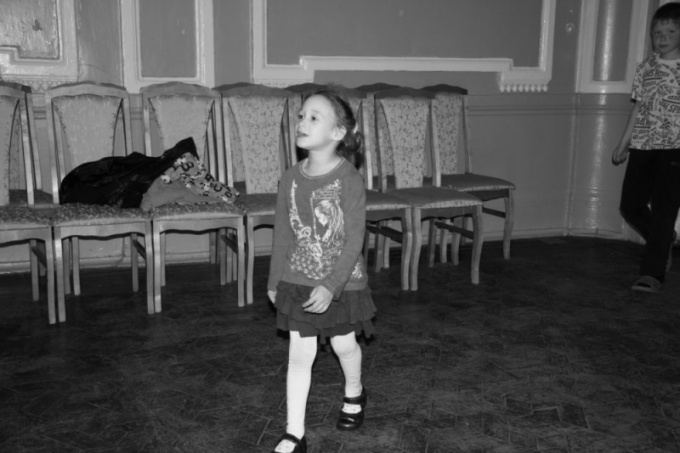Instruction
1
The first myth: in children's homes are just orphans. In fact, orphans, i.e., those whose parents had died in shelters not so much from the total number of children. Most orphanages for children left without parental care. What does it mean? This means that the mother (rarely the father, if present) deprived of parental rights or limited in them. Deprived of parental rights by a court decision, and the reasons may be: inadequate child care, alcoholism or drug addiction of parents, serious illness, being in prison. But first, parents restrict the rights and children are removed from the family, giving the mother time to solve their problems. If the mother continues to live a marginal life, she is deprived of parental rights and the child is determined in an orphanage.
2
The second myth: in children's homes is booming cruelty. This information went from appearing from time to time in the media articles about the beatings of students by peers or staff. Here, of course, has some truth, but a mass phenomenon that such things do not have. Very much depends on the management of orphanages, from staff, from how many children there. There is a small, intimate group homes where children are not more than 40, and therefore, each child is to each individual approach is applied. Most often unpleasant incidents occur in correctional orphanages where there are children with various mental disorders. So, conflicts can not be avoided.
3
Myth three: children's homes in bad Finance. Children's home now has a per capita financing and schools. It turns out that the more children the more money. And the money is good. But if, for example, in the orphanage need to spend costly repairs, additional funds can only find extra-budgetary sources – charities, non-profit organizations. Or will have to cut children, for example, food or clothing. Therefore, the management of orphanages actively cooperate with volunteers. But as the money allocated from the Federal and regional budget in half, welfare orphanages in economically depressed regions varies greatly with the financing in Moscow and the region is not a big way.
4
Myth four: children actively adopt foreigners. In fact, the percentage of foreign adopters is comparable to the percentage of adopters from Russia. Just foreigners give children with serious illnesses, which are domestic adoptive parents do not take just because to treat such children have nowhere else to go. And aliens give children only by adoption (adoption), while in Russia the child can be placed in a foster family or under guardianship.


